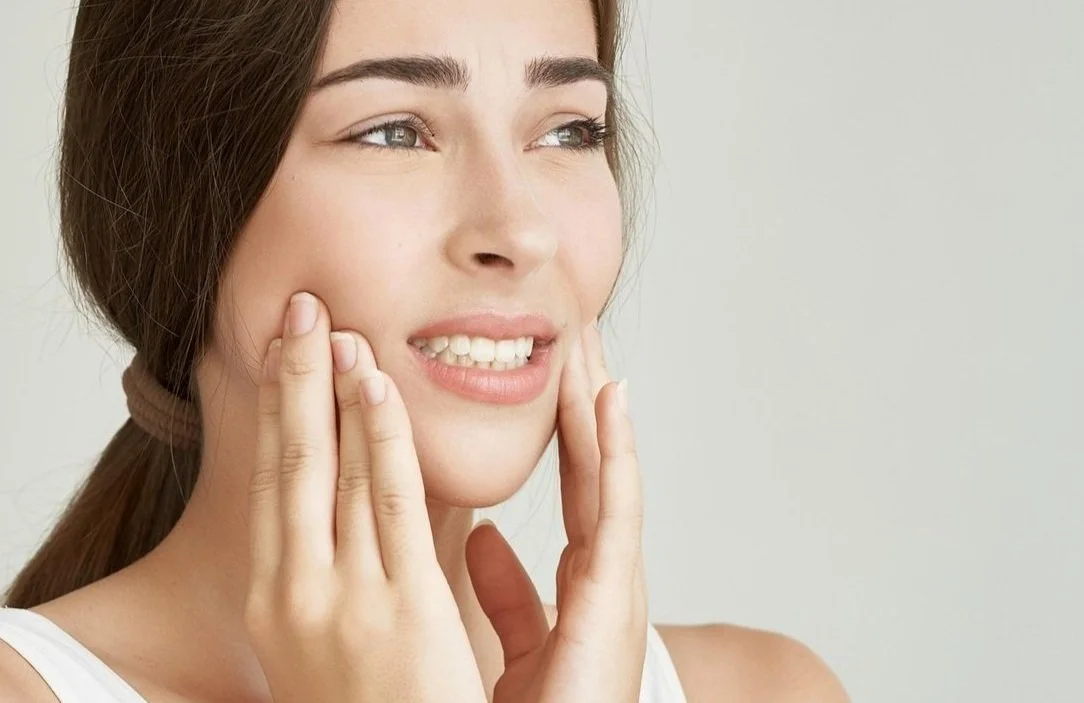
Teeth Grinding
Teeth grinding, also known as bruxism, is a condition where a person clenches or grinds their teeth, often unconsciously, usually during sleep. Teeth grinding can lead to jaw muscle pain, tooth damage, headaches and other symptoms.
The Tee-MD range of appliances deliver five very powerful treatment options which can be used individually or in tandem to minimise the discomfort caused by tooth grinding. Each patient responds differently but the sequence should always start with heat and finish with relaxation.
- Thermotherapy (Tee-MDi and Pro+)
⁃ Trigger point massage (Tee-MD Pro+)
⁃ Acupressure (Tee-MDi)
⁃ Vibratory and kneading massage (Tee-MDi and Rover)
⁃ Relaxation with light deprivation and white noise (Tee-MDi)
These treatments, with delivered by the Tee-MD range of products, should be used in conjunction with other lifestyle changes such as:
1. Stress reduction: As stress and anxiety can contribute to teeth grinding, finding ways to manage stress can be helpful. Engaging in relaxation techniques, such as deep breathing exercises, meditation, or yoga, can aid in reducing teeth grinding caused by stress.
2. Avoid stimulating substances: Avoid or reduce your consumption of substances that may contribute to teeth grinding, such as caffeine and alcohol, as they can worsen the condition.
3. Dental treatments:
- Mouthguards or oral splints: A dentist may recommend wearing a custom-made mouthguard or oral splint. These devices create a barrier between your upper and lower teeth, preventing grinding and protecting your teeth from damage.
- Dental corrections: In some cases, dental corrections like orthodontic treatment or dental restorations may be recommended to align the teeth properly and reduce teeth grinding.
4. Behavioral changes:
- Awareness and habit reversal: Try to be aware of when you clench or grind your teeth during the day, and consciously make an effort to stop. You can also employ techniques like placing the tip of your tongue between your teeth to prevent clenching.
- Jaw and muscle relaxation exercises: Stretching and relaxation exercises targeted at the jaw muscles can help reduce tension and alleviate teeth grinding.
5. Medications: In severe cases, your dentist or doctor may prescribe muscle relaxants or medications to manage underlying factors contributing to teeth grinding.
If you suspect you have bruxism or are experiencing symptoms of teeth grinding, it is advisable to consult with a dentist or dental specialist. They will be able to evaluate your condition and recommend appropriate treatment options based on the severity and underlying causes of your teeth grinding.

